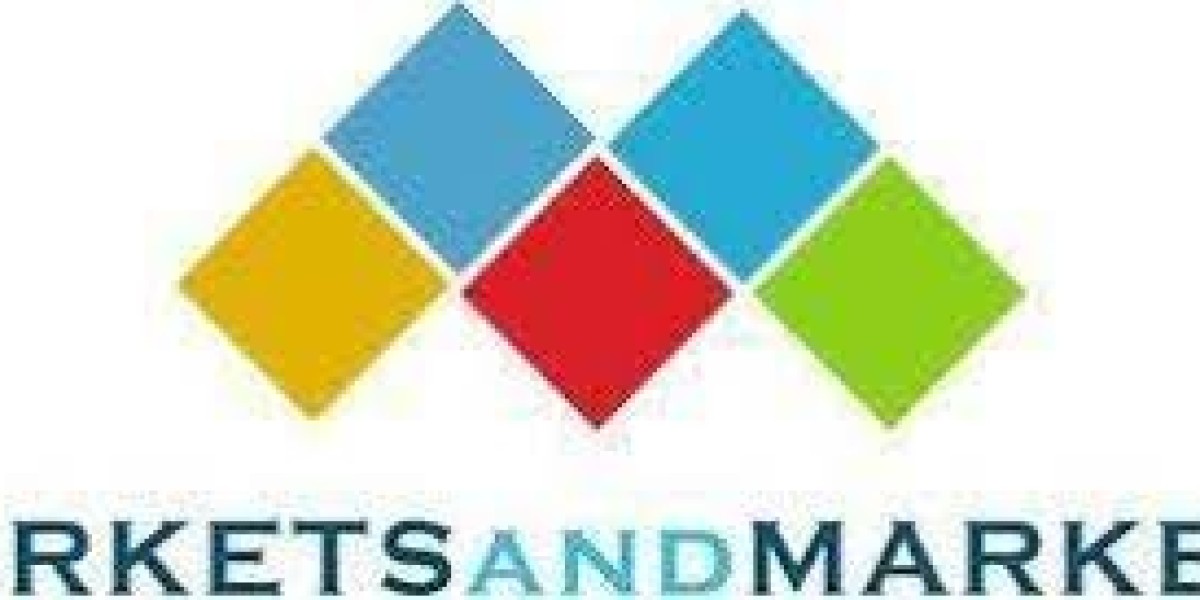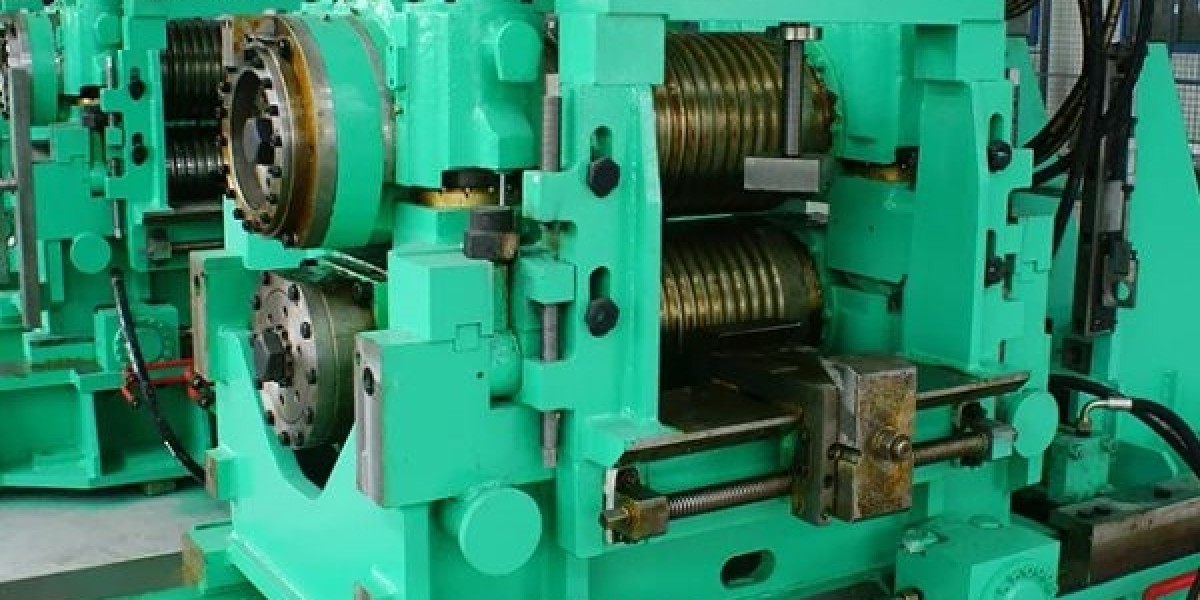The food and beverage metal cans market size is estimated at USD 50.42 billion in 2024 and is projected to reach USD 70.72 billion by 2029, at a CAGR of 7.0% from 2024 to 2029. Metal packaging is superior for food preservation compared to other materials, offering extended shelf life and enhanced safety. The advantages begin with the material itself. Metal is an excellent choice for packaging because it effectively blocks air, light, and moisture—the three main threats to food preservation. It is also durable, rigid, and highly resistant to punctures. Metal can endure high temperatures, making it suitable for specialist canning processes used to preserve meat, fish, and vegetables that would otherwise spoil quickly. By steam-exhausting and sealing perishable goods while still hot, all bacteria are eliminated, ensuring the food remains safe and consumable for months.
Furthermore, metal is ideal for carbonated beverages that require bottling under high pressure. Steel and aluminum bottles have now surpassed glass in popularity for fizzy drinks, as they provide better protection while being lighter and less prone to breakage than glass. texture.
Food and Beverage Metal Cans Market Drivers: Recyclable properties of metal cans
Recycling plays a crucial role in the modern aluminum can industry, driving its growth. Recycling aluminum requires only about 5% of the energy needed to produce new aluminum, leading to reduced carbon emissions and cost savings for both businesses and consumers. Consequently, nearly 75% of all aluminum ever produced remains in use today, according to industry data.
Steel, on the other hand, is fully recyclable and can contain up to 25% recycled material. It is also the most energy-efficient metal for can production. These characteristics make metal cans ideal packaging material for a wide range of products, including food, beverages, aerosols, pet food, and various household and industrial items.
What is a distinguishing feature of bright coating cans used in the food and beverage industry?
The food & beverage metal cans coating type market is divided into two segments: bright coating cans and white base cans. Bright coating cans are metal cans used in the food and beverage industry, distinguished by their glossy, reflective finish. This coating enhances the visual appeal of the cans, giving them a sleek, shiny appearance that stands out on store shelves. Beyond aesthetics, the bright coating provides an added layer of protection, making the cans more resistant to scratches, wear, and corrosion. Often used for beverages like energy drinks, sodas, and craft beers, these cans are designed to attract consumer attention. Despite their premium look, bright coating cans retain the lightweight, durable, and recyclable qualities of metal cans, supporting sustainability efforts.
Pressurized Cans Expected to Experience Higher Growth in the Food and Beverage Metal Cans Market Due to Increased Internal Pressure.
Aluminum and steel packaging, often referred to as General Line or Specialty Cans, have emerged as premium choices in the consumer products market due to their versatility across both food and non-food applications. These lightweight materials provide a cost-effective and impact-resistant solution, making them ideal for various products. Additionally, the smooth surface of metal cans presents a prime opportunity for brand marketing, allowing companies to showcase innovative designs and differentiate their products. The flexibility of steel and aluminum enables unique, eye-catching packaging that enhances product appeal. Aerosol cans, a part of this category, are also 100% recyclable, making them an environmentally friendly option. The rigidity of steel ensures product preservation, while the spill-proof nature of these containers adds to their convenience for consumers.
Asia Pacific is expected to dominate the food and beverage metal cans market share.
According to the United Nations Population Fund (UNFPA), the Asia and Pacific region is home to 60 percent of the global population, totaling approximately 4.3 billion people, including the world’s most populous countries, China and India. Following significant growth in 2023, the Asia-Pacific (APAC) region is projected to be the fastest-growing region in the global economy in 2024. This growth will be driven by robust domestic demand in East Asia and India, along with a modest recovery in East Asian exports. This fast-paced growth of population and industrialization will boost the market of metal cans in APAC.
Top Food and Beverage Metal Cans Companies
Key players operating in the food and beverage metal cans market include Crown Holdings, Inc (US), Ball Corporation (US), Silgan Holdings Inc. (US), Ardagh Group (Luxembourg), CCL Industries (US), CAN-PACK S.A (Poland), Kian-Joo Group (Malaysia), CPMC Holdings (China), Envases Group (Spain), and Toyo Seikan Group Holdings, Ltd. (Japan). These players in this market are focusing on increasing their presence through expansion and collaboration. These companies have a strong presence in North America, Asia Pacific, and Europe.









